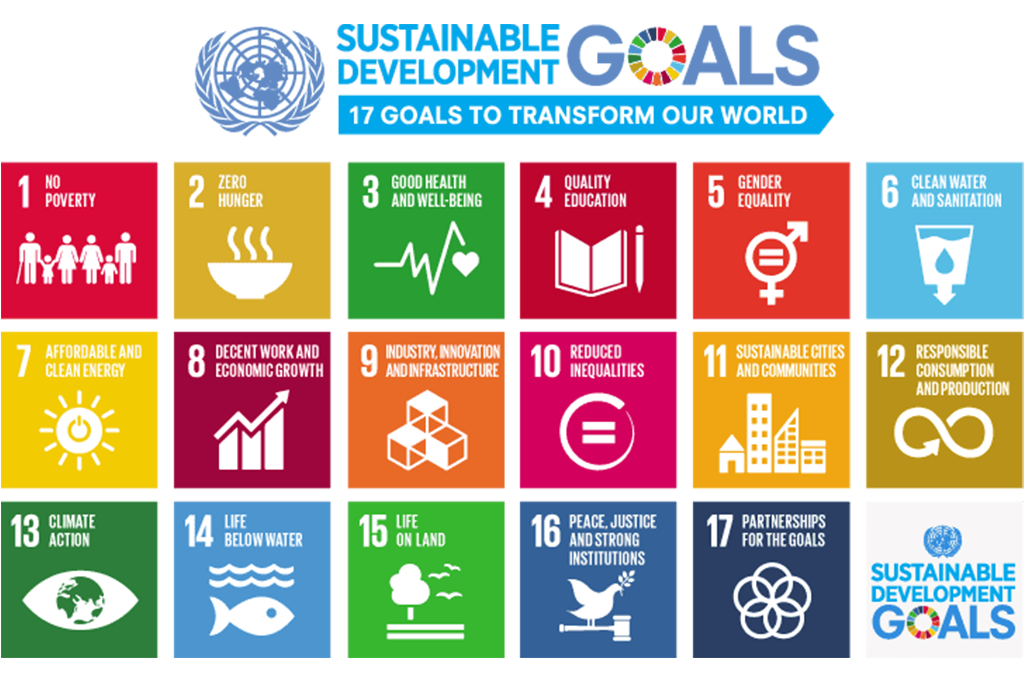Hydraulic fracturing, or fracking, has reshaped energy production by enabling access to natural gas and oil in deep rock formations. However, the process has significant environmental impacts, particularly concerning water pollution and resource consumption. As fracking continues to grow, new technologies are being developed to minimize its environmental footprint and address water pollution concerns.
Water Use and Pollution in Fracking
Hydraulic fracturing requires millions of gallons of water per well, mixing water with chemicals and sand to fracture rock and release hydrocarbons. During this process, large volumes of wastewater, known as produced water, are generated, often containing harmful contaminants like heavy metals, hydrocarbons, and radioactive materials (Vengosh et al., 2014). A 2018 study found that an average fracking well uses between 2-8 million gallons of water, stressing local water supplies, especially in arid regions (Scanlon et al., 2014).
New Filtration and Treatment Technologies
To address water contamination, advanced filtration technologies are being explored. Membrane filtration, including reverse osmosis and nanofiltration, effectively removes salts and contaminants from produced water, making it safer for disposal or reuse. Zheng et al. (2015) demonstrated that membrane filtration could reduce contaminants in produced water by 90%, supporting safe disposal or agricultural reuse.
Electrocoagulation, which uses an electric current to remove pollutants, is another promising technology for treating fracking wastewater. Electrocoagulation studies have shown high efficiency in removing suspended solids, heavy metals, and organic contaminants from produced water (He et al., 2019). While still in development, electrocoagulation holds potential for reducing the environmental impact of fracking.
Innovative Approaches to Water Recycling
Water recycling in fracking is gaining traction as a method to reduce freshwater demand. Closed-loop water systems recycle produced water for reuse in fracking operations, minimizing the need for additional freshwater. According to a study by Mantell (2011), recycling produced water can reduce freshwater use by 30-50%, particularly in areas with limited water availability.
Policy Implications and Future Directions
To mitigate fracking’s environmental impact, governments should consider stricter regulations on wastewater disposal, enforce water recycling mandates, and promote advanced treatment technologies. By combining technological innovation with regulatory oversight, it is possible to balance energy production with environmental responsibility.








